
Experiencing sticker shock lately? You’re not imagining it.
While the overall annual inflation rate has slowed, we’re still paying record-breaking prices for many things.
And though we can put off certain purchases, we can’t go without eating. High inflation means that every grocery dollar matters and that we can’t afford to waste food. That includes wasting food by having it go bad due to improper storage.
Here are some items you might currently be keeping in the pantry or in a kitchen cupboard. Stop doing that.
1. Nuts
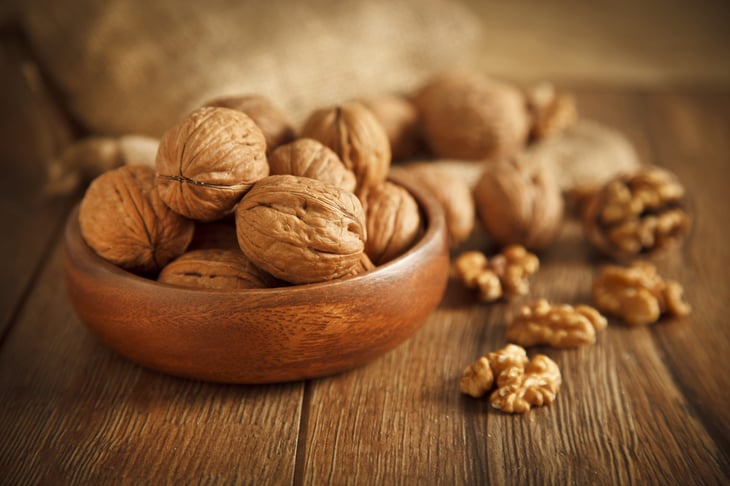
Pecans, walnuts, almonds and other nuts are high in protein and fiber, but they also contain oils that can become rancid if they’re stored at room temperature. Food scientists at the University of California, Davis advise storing nuts in the refrigerator, where they’ll maintain quality for up to a year (two to three months for chestnuts). Or put them in the freezer, where they’ll last for up to two years (one year for chestnuts).
Cold temps are particularly important if you grew those nuts yourself. Chilling or freezing will keep any insect eggs from hatching.
2. Maple syrup
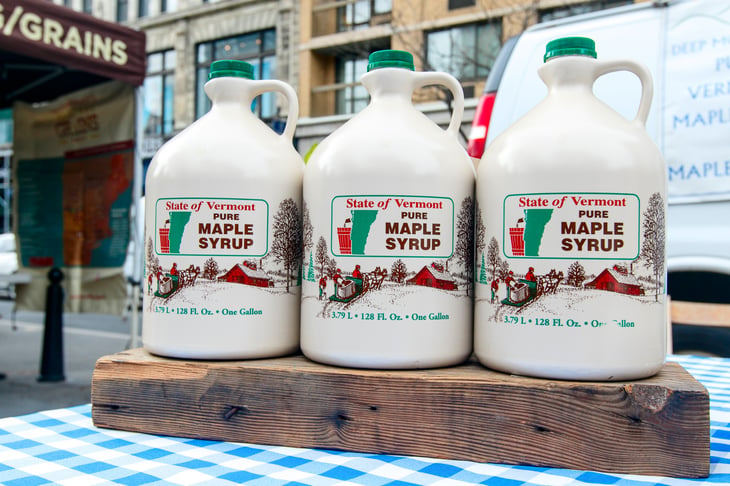
There’s nothing like a little real maple syrup on pancakes or waffles. Unfortunately, mold is as fond of this pale brown nectar as we are. That’s why an opened bottle of real maple syrup should be stored in the refrigerator, according to the Michigan State University Extension.
An unopened glass bottle or tin can be stored in a cool, dark place for up to two years. Once opened, it can last up to one year in the refrigerator.
3. Whole grain flour
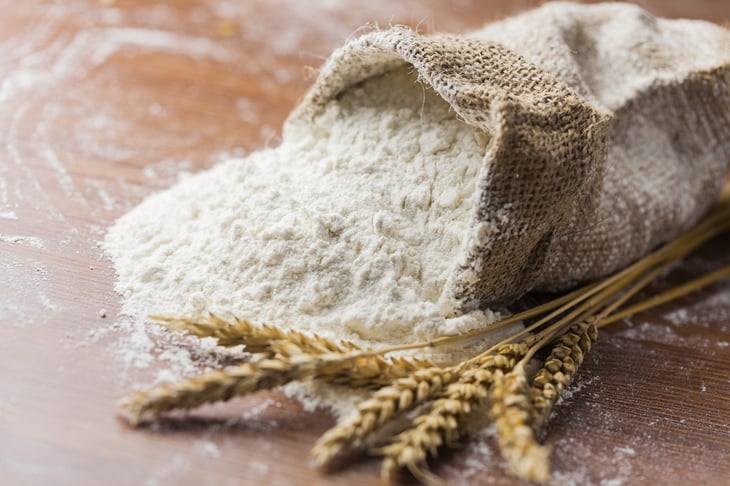
Whole grain flours are good for us, but they need a bit more care than their refined cousins. The nonprofit Whole Grains Council recommends storing flour in an absolutely airtight container such as glass, aluminum or plastic canisters or a zip-top plastic bag.
After that, the flour technically could stay in the pantry for one to three months, if it’s always cool and dry there. But if your pantry – like many – is subject to heat and humidity even some of the time, store whole-grain flour in the freezer. It’ll be good there for up to six months.
And what’s better on homemade whole grain bread or muffins than …
4. Butter
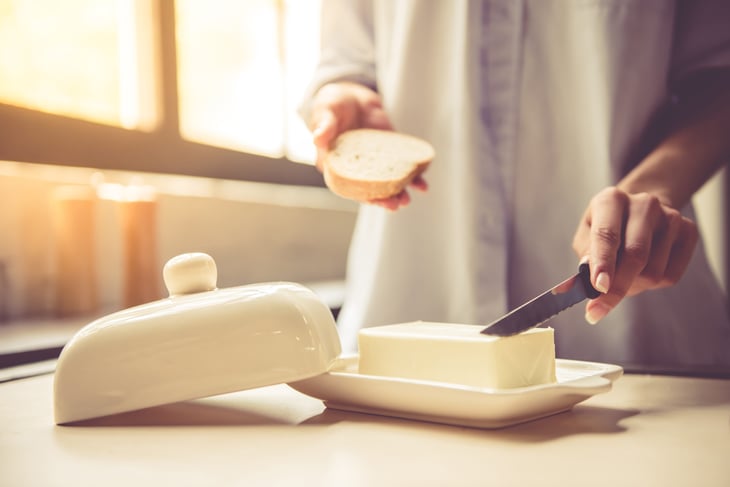
Do you keep your butter dish in the pantry, cupboard or even on the dining table? Don’t!
Unsalted butter (and whipped butter) should always be refrigerated, according to the National Dairy Council. While salted butter is less likely to go bad, it should never be left unrefrigerated for “more than a couple of days.” And if your kitchen gets warmer than 70 degrees Fahrenheit, all butter is best stored in the fridge.
5. Cold-pressed oils
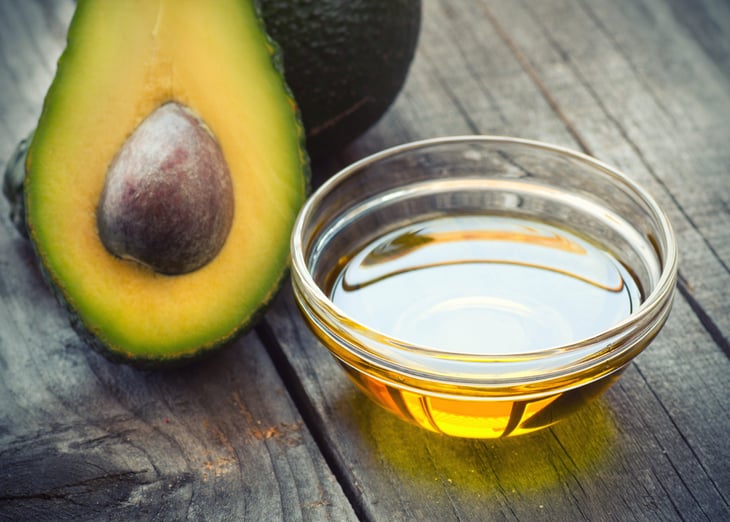
If your pantry contains bottles of olive, sesame, sunflower or other cold-pressed oils, move them to the fridge. Their shelf life will be greatly extended this way, according to Food and Wine.
Refrigeration may make oils look cloudy or even solidify, but Clean Eating magazine notes this is only temporary. Since this changes as the oil warms back up, the magazine says, “a few minutes at room temperature should help revert them to their natural state.”
6. Jams and jellies
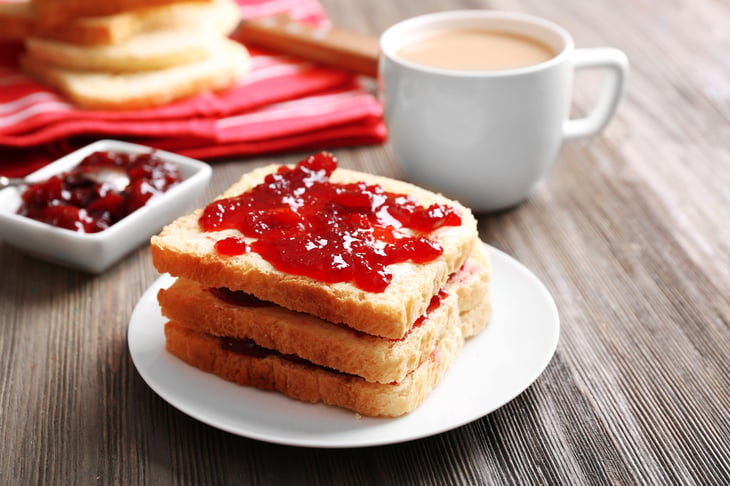
Unopened, that jam or jelly will be just fine in the pantry. Once you’ve broken the seal, though, it needs to go into the refrigerator.
And it won’t last there forever, according to the U.S. Department of Agriculture. They recommend six months, tops.
As for jelly’s favorite partner …
7. Peanut butter
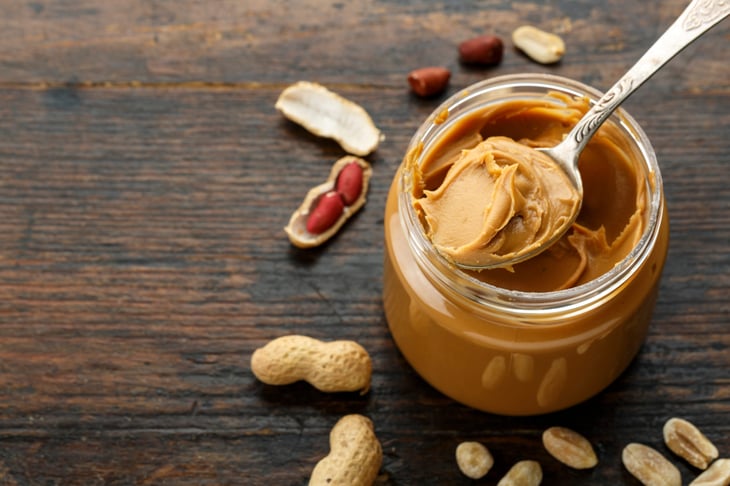
Commercial peanut butter can be okay in the pantry for up to three months, according to the National Peanut Board. If your household doesn’t finish the jar fast enough, store it in the fridge where it may last up to nine months.
“Natural” peanut butter, which has no chemical stabilizers, won’t last long in the pantry. Its natural oils can quickly become rancid.
8. Ketchup
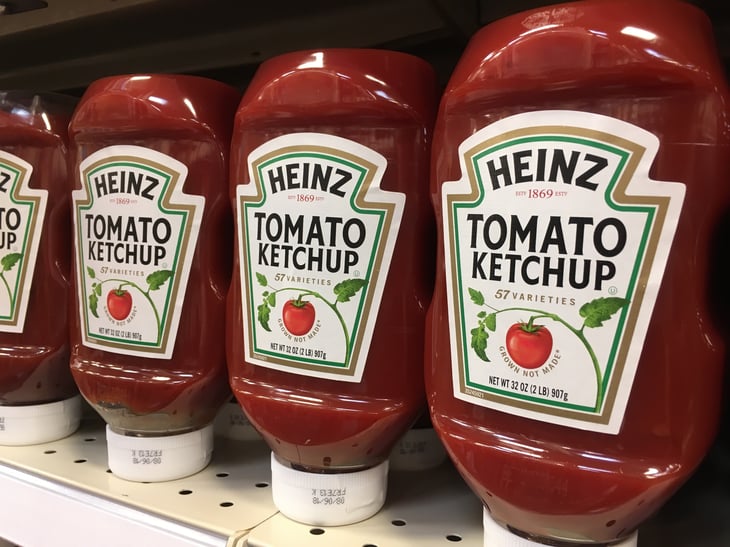
Check a ketchup label and you’ll likely see, “For best results, refrigerate after opening.” The USDA says that ketchup will last up to six months in the refrigerator.
Incidentally, Heinz is having fun with this topic abroad. In Canada, where cold-or-not ketchup is apparently the subject of impassioned national debate, the company introduced “Cold Ketchup” – the same condiment but in a bottle whose label “turns icy blue when it’s perfectly chilled.”
And the U.K. branch of Heinz recently posted an unequivocal message on Twitter, saying “FYI: Ketchup. goes. in. the. fridge!!!”





Add a Comment
Our Policy: We welcome relevant and respectful comments in order to foster healthy and informative discussions. All other comments may be removed. Comments with links are automatically held for moderation.